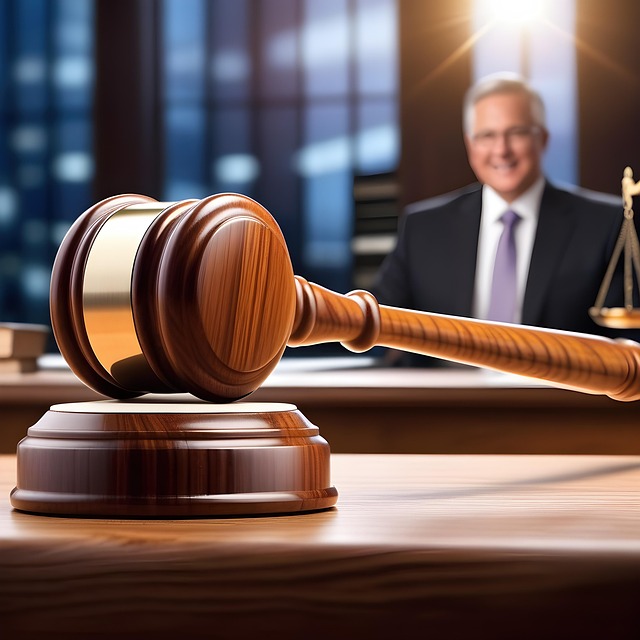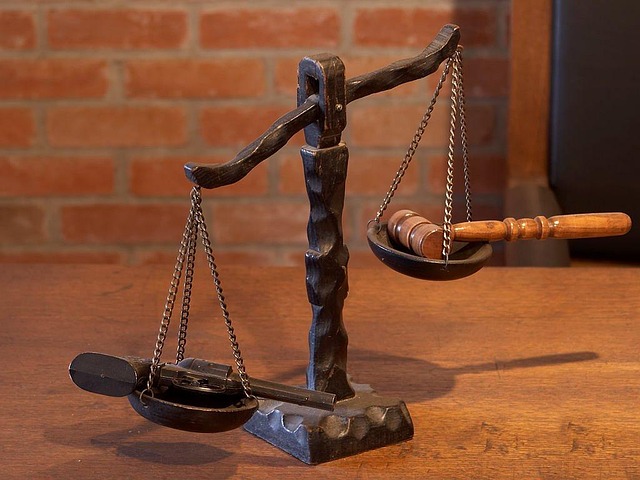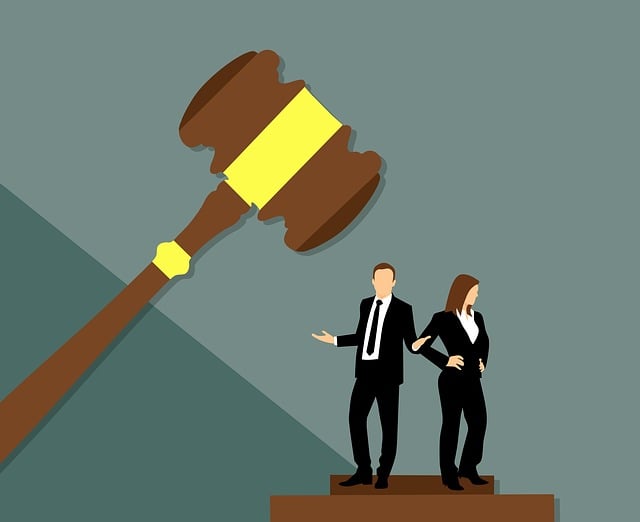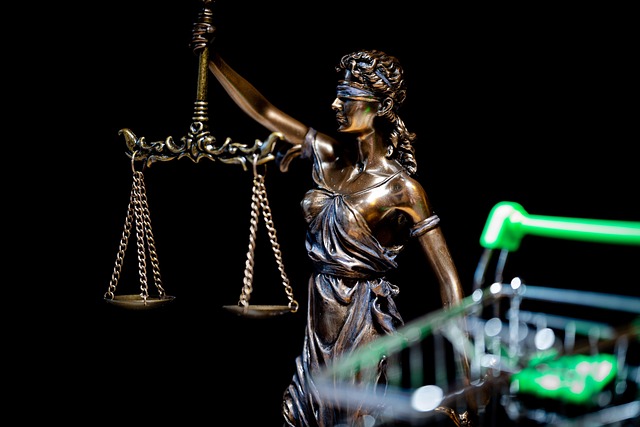The Process of Empaneling a Criminal Jury is vital for ensuring justice and fairness in criminal trials, aiming to prevent bias through rigorous questioning and selection of impartial jurors who delibe evidence objectively, upholding presumption of innocence and beyond-a-reasonable-doubt standard, ultimately securing just outcomes in high-stakes cases.
In the intricate dance of criminal justice, the process of empaneling a jury plays a pivotal role. This article delves into the critical components that shape the course of criminal trials, with a focus on understanding the jury’s function, selecting the right panel, and navigating post-verdict procedures. From establishing legal thresholds for conviction to exploring appeals, we explore each step meticulously, providing insights into the complex web of criminal law cases and the empaneling process.
- Understanding the Role of the Jury in Criminal Trials
- Selection Process: Choosing the Right Panel of Jurors
- The Legal Threshold for Conviction and Verdict Rendering
- Post-Verdict Procedures and Appeals in Criminal Law Cases
Understanding the Role of the Jury in Criminal Trials
In criminal law, the role of the jury is pivotal to ensuring a fair and just process. The process of empaneling a criminal jury involves selecting individuals who will listen to evidence, deliberate, and render a verdict based on their interpretation of the law and facts presented in court. This democratic mechanism is designed to safeguard against arbitrary decisions and protect the rights of both the accused and the state. Juries are tasked with deciding whether the prosecution has met its burden of proof, which typically requires establishing guilt beyond a reasonable doubt.
Understanding how juries operate is crucial in navigating jury trials. The process begins with potential jurors being summoned and questioned to assess their impartiality and suitability for the case. This preliminary screening helps avoid situations where bias or conflict of interest might lead to an unfair trial. Ultimately, the goal is to secure a jury that can impartially consider all evidence and arguments, ensuring that justice is served while respecting the presumption of innocence and avoiding a complete dismissal of all charges where appropriate.
Selection Process: Choosing the Right Panel of Jurors
The selection process of a jury is a crucial step in any criminal case, as it significantly influences the outcome. This involves the meticulous process known as empaneling a jury, where potential jurors are evaluated to ensure a fair and impartial panel. The court presides over this process, guiding attorneys from both sides through questions aimed at uncovering biases or conflicts that might affect their decision-making.
In high-stakes cases, such as those involving the general criminal defense against serious charges, the empaneling process becomes even more critical. It’s not merely about selecting individuals with basic qualifications but also identifying those who can set aside personal beliefs and experiences to render an objective verdict based on the evidence presented. The goal is to secure a jury that will give full consideration to all aspects of the case, ultimately facilitating a just and equitable trial.
The Legal Threshold for Conviction and Verdict Rendering
The process of convicting an accused person is a complex legal procedure that involves several stages. One of the critical aspects is setting the legal threshold for conviction, which ensures that the burden of proof rests firmly on the prosecution. In many jurisdictions, this means establishing ‘beyond a reasonable doubt’ as the standard, requiring the jury to be convinced of the defendant’s guilt to a near-certain degree. This rigorous standard aims to protect individuals from wrongful convictions and safeguard their rights, especially in cases involving corporate and individual clients.
The rendering of a verdict is an integral part of the criminal justice system, where a jury plays a pivotal role in the process of empaneling. Through this panel of selected individuals, the court ensures a fair and unbiased decision-making process. The jury listens to evidence, deliberates, and ultimately decides on the guilt or innocence of the accused, potentially shaping the outcome for both general criminal defense strategies and cases aiming to avoid indictment altogether.
Post-Verdict Procedures and Appeals in Criminal Law Cases
After a trial, the jury returns a verdict, and the judge oversees post-verdict procedures, which can include sentencing and motions for new trials. Appeals are a crucial part of the process in criminal law cases, allowing defendants to challenge their convictions or sentences if they believe legal errors occurred during the trial. The appeal process involves submitting written arguments and, in some instances, participating in oral arguments before an appellate court.
In high-stakes cases, such as those involving white-collar and economic crimes, winning challenging defense verdicts often requires meticulous attention to detail during both the trial and subsequent appeals. The process of empaneling a criminal jury is a critical step, where potential jurors are evaluated for bias or prejudice, ensuring an impartial panel capable of rendering a fair verdict based on the evidence presented. This thorough selection procedure is essential in maintaining the integrity of the judicial system and delivering just outcomes in complex legal matters.
The intricate process of empaneling a criminal jury, from understanding the jurors’ role to selecting the right panel, is crucial in ensuring fair trials. Knowing the legal thresholds for conviction and verdict rendering, as well as post-verdict procedures and appeals, further strengthens the framework of our criminal justice system. By delving into these aspects, we can navigate the complexities of criminal law cases more effectively, fostering a symphony of justice that resonates with fairness and accuracy.






